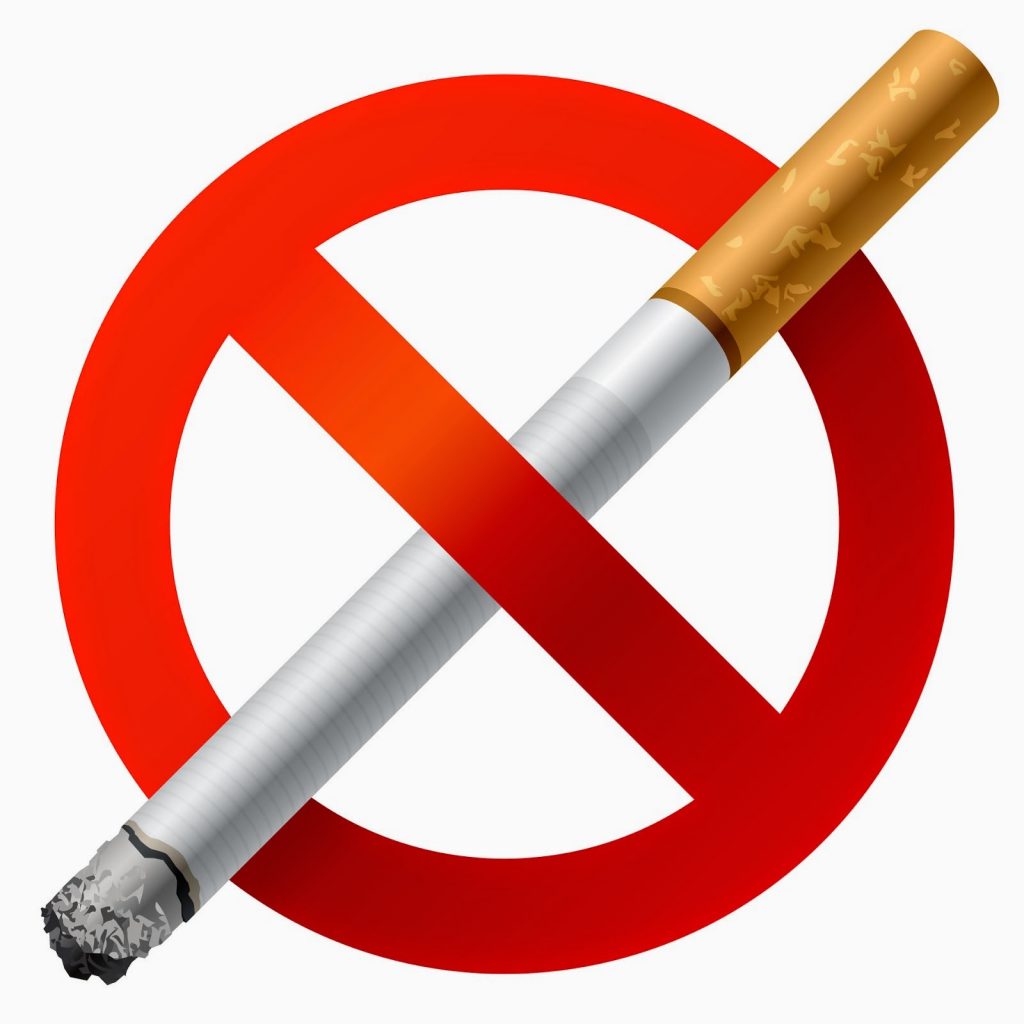Treatment Plan to Quit Smoking
Developing a treatment plan for smoking involves a combination of strategies and interventions to help individuals quit smoking and maintain a smoke-free lifestyle. Here is a general outline of a treatment plan for smoking:
1. Set a Quit Date: Choose a specific date to quit smoking. This can provide a target and a sense of commitment.
2. Behavioral Support: Seek behavioral support from healthcare professionals, support groups, or counseling services. This can provide guidance, motivation, and coping strategies for quitting smoking.
3. Nicotine Replacement Therapy (NRT): Consider using NRT products such as nicotine gum, patches, lozenges, nasal sprays, or inhalers. These help reduce nicotine withdrawal symptoms by providing controlled amounts of nicotine to the body.
4. Prescription Medications: Talk to a healthcare provider about prescription medications that can aid in smoking cessation. Common medications include bupropion and varenicline. These medications work by reducing nicotine cravings or blocking the effects of nicotine on the brain.
5. Identify Triggers and Develop Coping Strategies: Identify situations, emotions, or activities that trigger the urge to smoke and develop strategies to cope with them. This can include finding alternative activities, practicing relaxation techniques, or seeking support from friends and family.
6. Lifestyle Changes: Encourage healthy lifestyle changes such as regular exercise, balanced diet, and stress reduction techniques. These changes can help reduce cravings, improve overall well-being, and support smoking cessation efforts.
7. Relapse Prevention: Develop a relapse prevention plan to manage potential setbacks. Identify potential triggers and strategies to overcome cravings or temptations to smoke again. Learn from any relapses and use them as an opportunity to reinforce motivation and commitment to quitting smoking.
It's important to note that smoking cessation is a highly individualized process, and some people may require additional or different interventions. Consulting with a healthcare professional, such as a doctor or a tobacco cessation specialist, can provide personalized guidance and support throughout the treatment plan.



Comments
Post a Comment